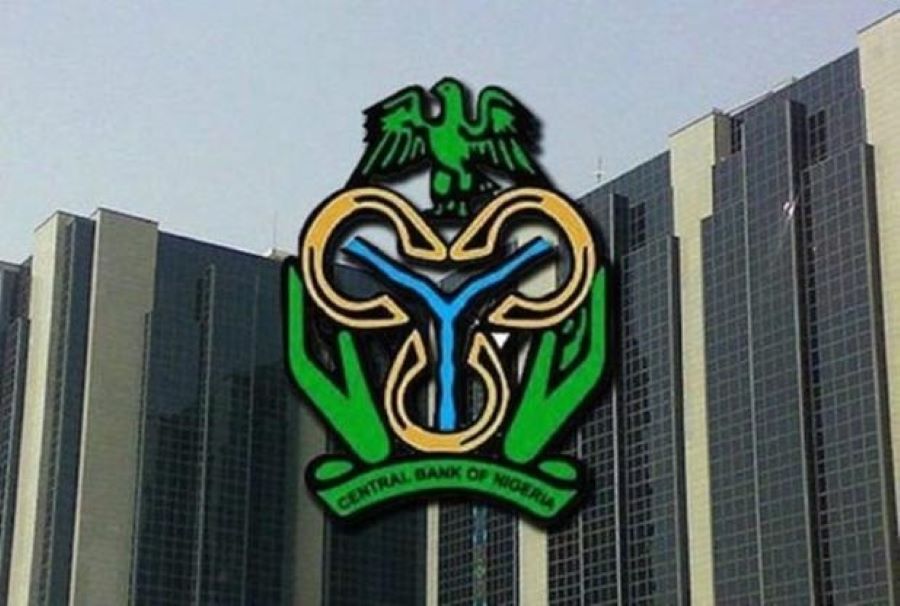Commercial and merchant banks in Nigeria terminated 23.3 million customer accounts in July 2024. The figure marks a 0.56% rise from the 23.17 million accounts closed in June 2024.
An analysis of data from the Nigerian Interbank Settlement System (NIBSS) reveals that, between January and July, the number of closed accounts declined by 5.6%, from 24.7 million in January.
A further analysis indicated that the number of active bank accounts increased by 2.4% month-on-month to 231.1 million in July, up from 225.53 million in June. …CONTINUE READING


Meanwhile, the number of dormant accounts decreased by 7.6% month-on-month, dropping to 18.97 million in July from 20.57 million in June.
It is worth noting that the Central Bank of Nigeria (CBN), in its “Guidelines on Management of Dormant Accounts, Unclaimed Balances, and Other Financial Assets in Banks and Other Financial Institutions in Nigeria,” instructed banks and other financial institutions to transfer unclaimed balances and funds in dormant accounts to CBN’s accounts.
The CBN also provided regulatory guidelines for account holders and beneficiaries to recover their dormant funds for up to ten years./
Additionally, the apex bank announced plans to establish a dedicated office to oversee dormant accounts and unclaimed balances.
The CBN recently increased the country’s lending rates during its Monetary Policy Committee meeting to 27.25%.
The CBN governor, Yemi Cardoso, also used the opportunity to assure Nigerians that the country’s banking sector continues to be secure, stable, and robust./
FG announces rise in CBN’s foreign reserves Meanwhile, Legit.ng earlier reported that Nigeria’s foreign reserves have witnessed a significant increase of $4 billion over the past seven months.
Wale Edun, the Minister of Finance and Coordinating Minister of the Economy, disclosed while speaking at a meeting organized by the Debt Management Office (DMO) for the issuance of the $500 million local bond set to kick off on Monday, August 19.
Edun attributed this growth to robust fiscal policies and reforms aimed at enhancing revenue collection efficiency across various sectors.




